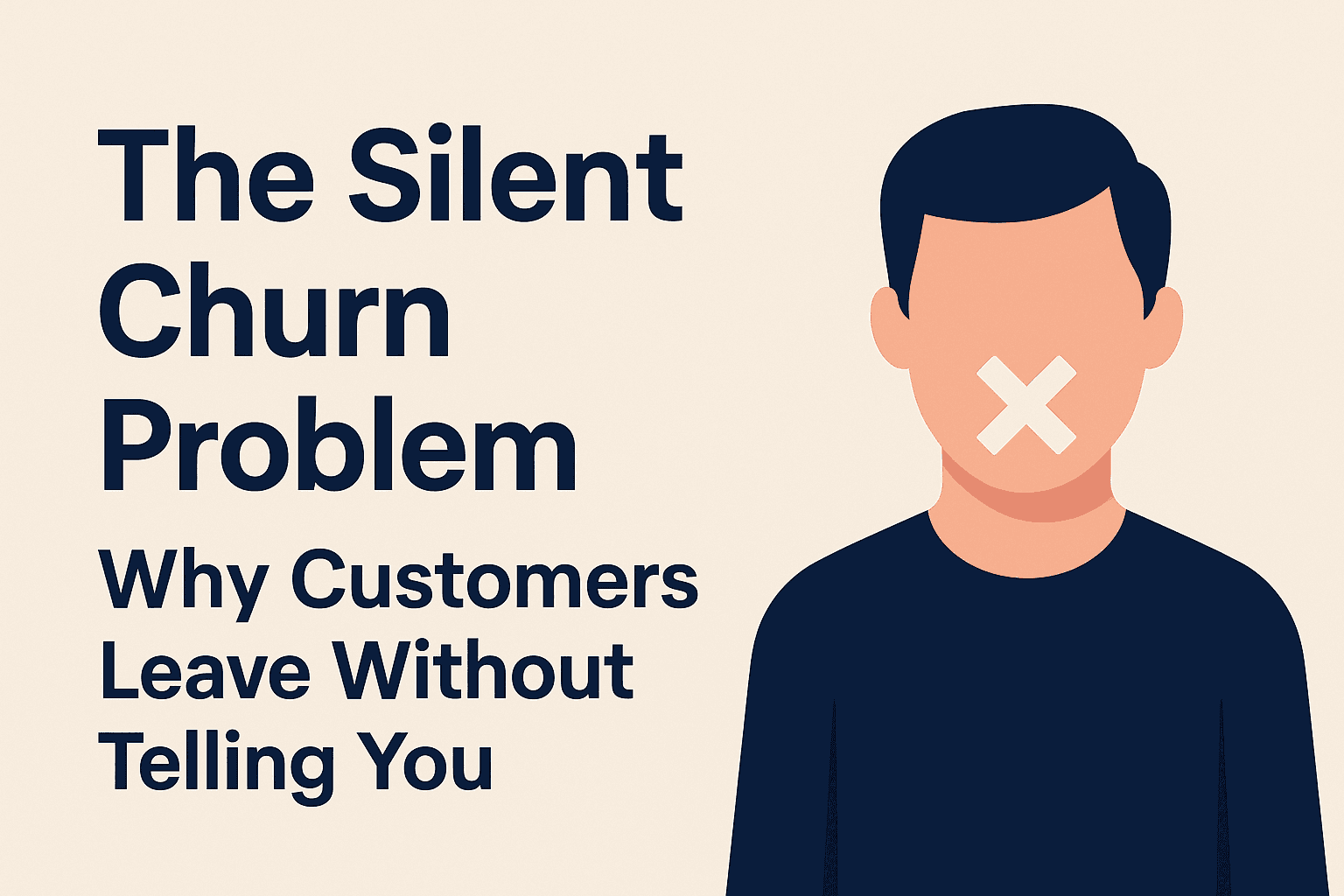AI’s Impact on SaaS Roles
AI is reshaping job functions, especially in the SaaS industry. It’s not just about automating repetitive tasks but also about reimagining how work is done.
Read

Embracing Change in Roles: A Reflection on Careers and the Impact of AI in IT
Having experienced firsthand the growth journey of startups, I’ve observed how roles evolve as businesses scale. The shift from serving 10 customers to 100, or even 1,000, brings entirely new challenges. Similarly, moving from $1 million in revenue to $10 million or $100 million demands a different approach.


Empowering Customer Success
Preemptly is designed to help customer-facing teams like Technical Support, Professional Services and Customer Success work smarter, not harder. By proactively addressing challenges, it unlocks new levels of efficiency and satisfaction.


Why CSMs Miss Red Flags? (And How to Catch Them Early?)
Customer success in SaaS isn't about fixing problems—it's about avoiding them. But even with the best of intentions, Customer Success Managers (CSMs) consistently miss warning signs of churn or dissatisfaction until it's too late to make a difference. But why is this, and more importantly, how can it be changed?
.png&w=3840&q=75)

Why Most SaaS Teams Still Don't Get Customer Goals (and How to Start)
It's supposed to go like this: every SaaS company is "customer-centric." Reality? Many teams are operating blindly when it comes to knowing what their customers are really working towards.
.png&w=3840&q=75)

Customer Intelligence is the New CRM: Why Relationships Alone Aren't Enough
High-growth SaaS businesses are waking up to a new reality: Customer intelligence—not relationships—is what fuels retention, expansion, and advocacy. The new customer journey is too rapid, too complicated, and too digital for relationship-first approaches to keep pace.
.png&w=3840&q=75)
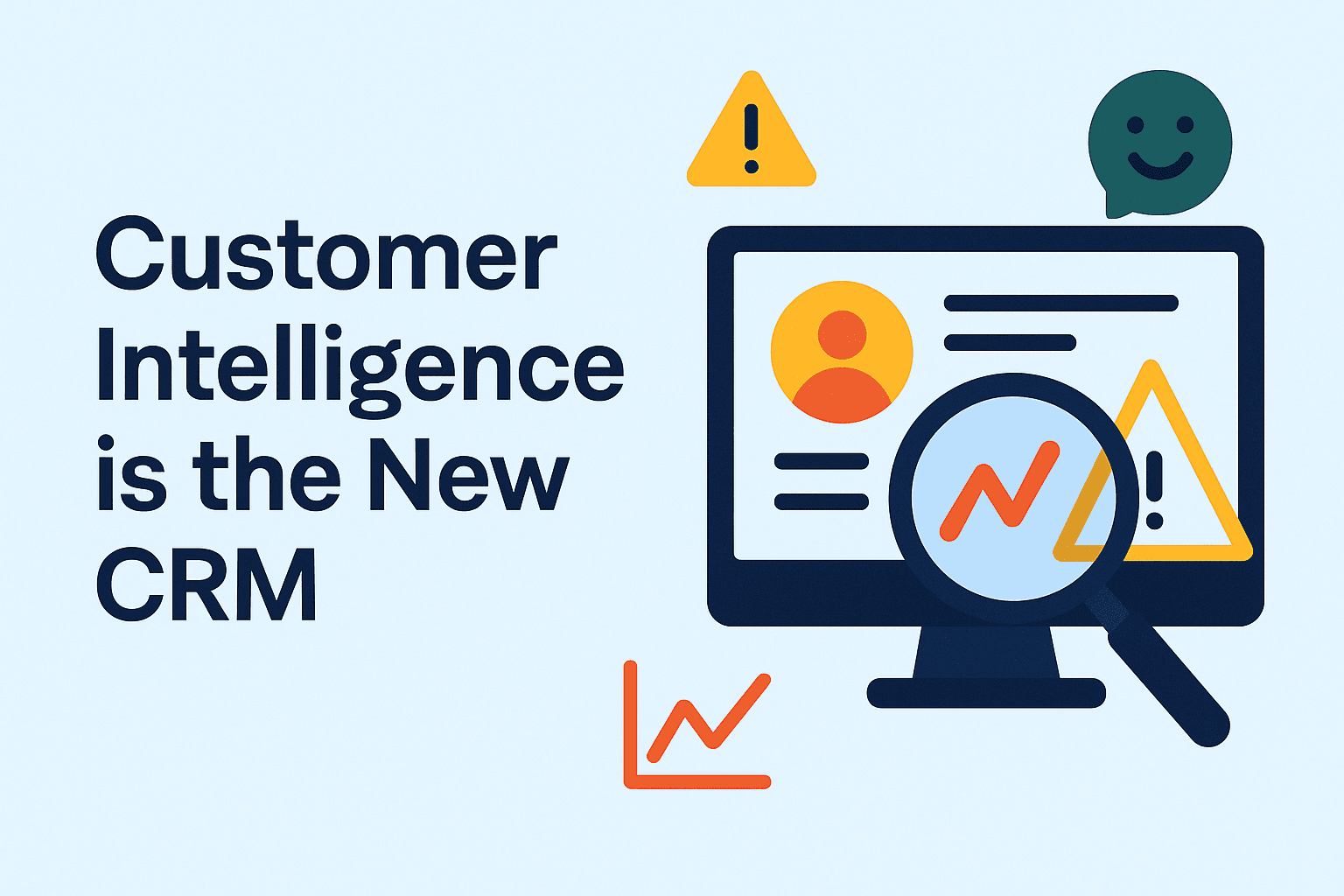
Customer Success Playbooks Are Dead — Here's What's Taking Their Place
It's time to confront a blunt reality: Old-school customer success playbooks — the rigid, step-by-step guides that used to direct CSMs — are on their way out.

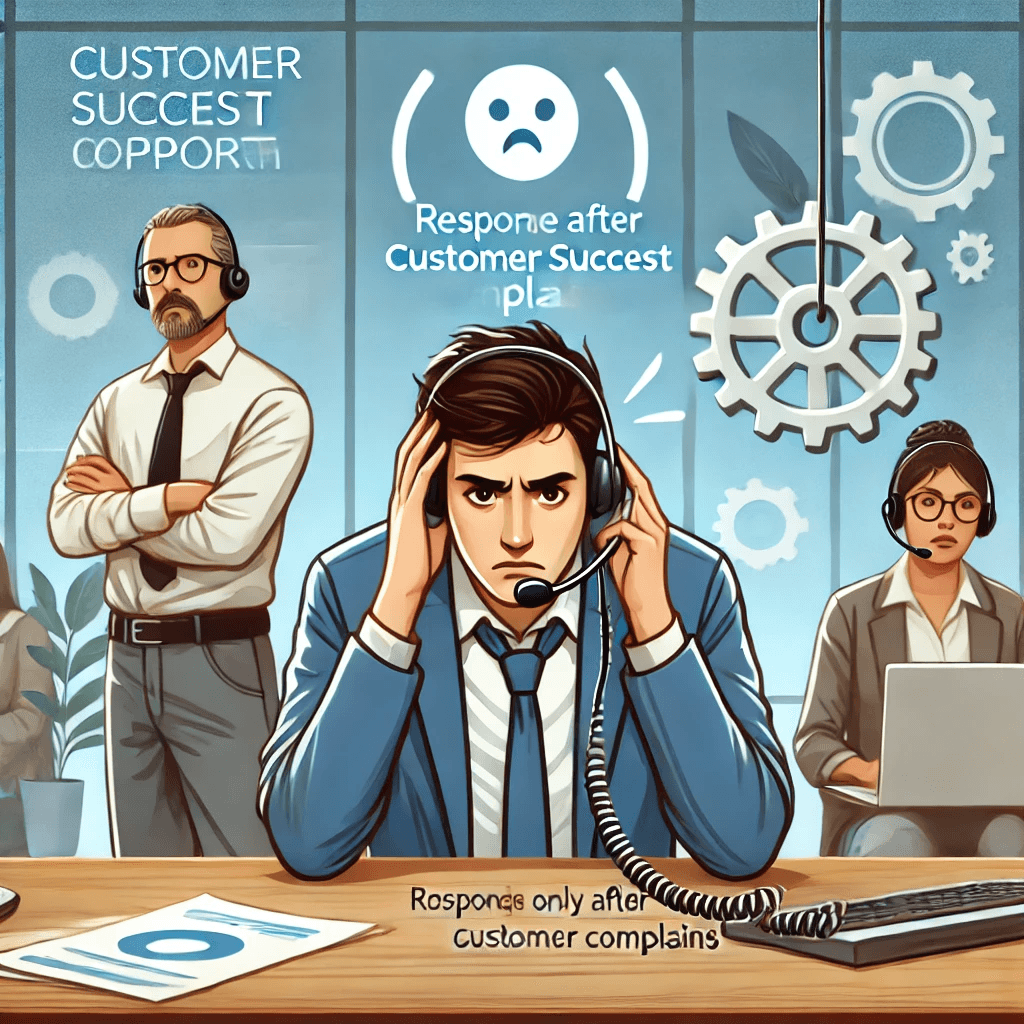
The Cost of Not Knowing: What Customer Success Teams Leave on the Table Without Intelligence
Customer Success (CS) is no longer about relationships—it's about outcomes. And outcomes take better than good intentions and monthly check-ins. They take intelligence: clear insights into how your customers are engaging with your product, what they require, and where they're going.
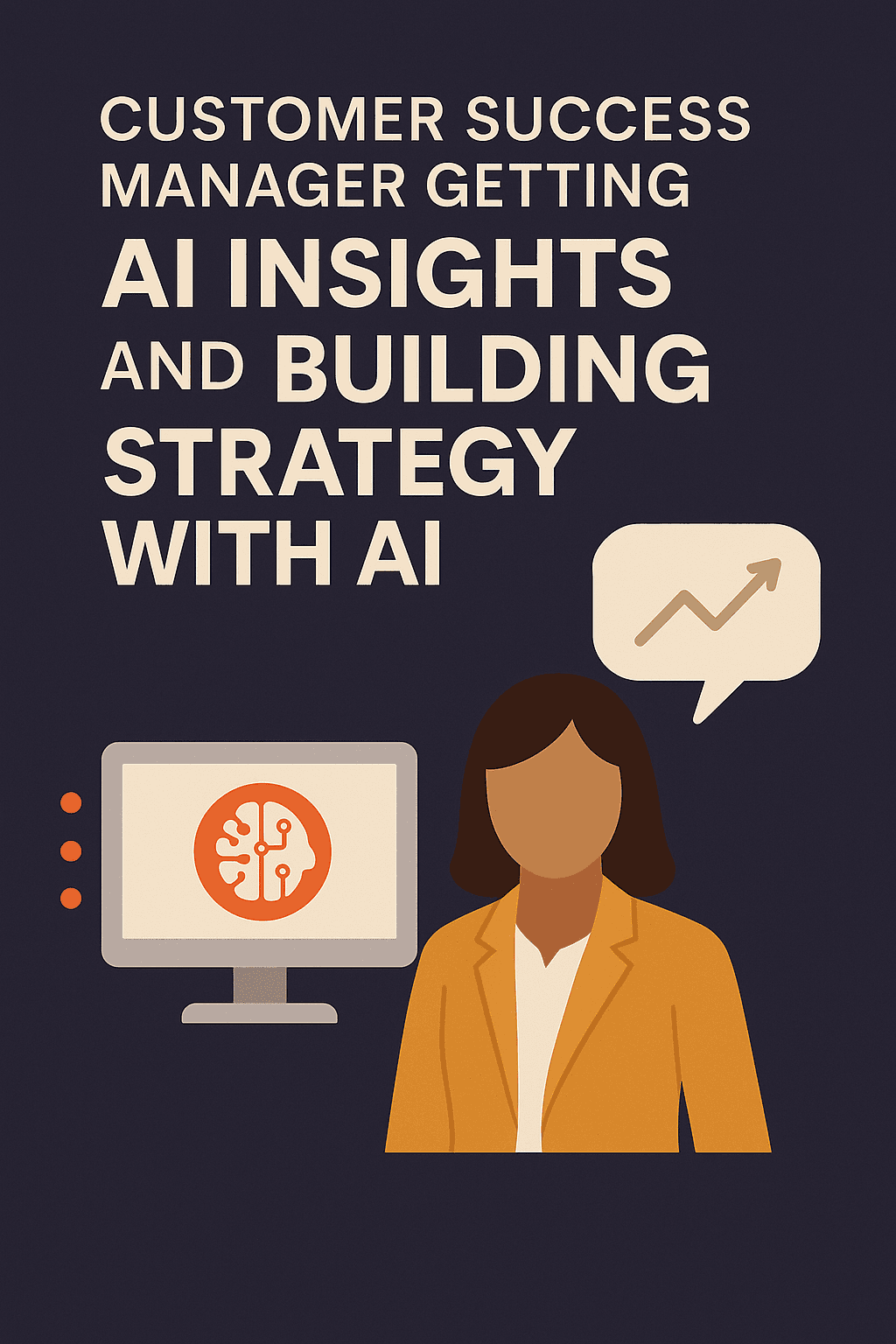
What High-Growth SaaS Companies Do Well In Terms of Customer Value Realization
In SaaS, it's not just about customer acquisition. It's about realizing value—ensuring that the customers you win actually realize the value they were sold. High-growth SaaS companies get this, and they define value not as a vague want, but as a quantifiable, measurable outcome that links product adoption, business goals, and customer outcomes into a single cohesive strategy.
.png&w=3840&q=75)
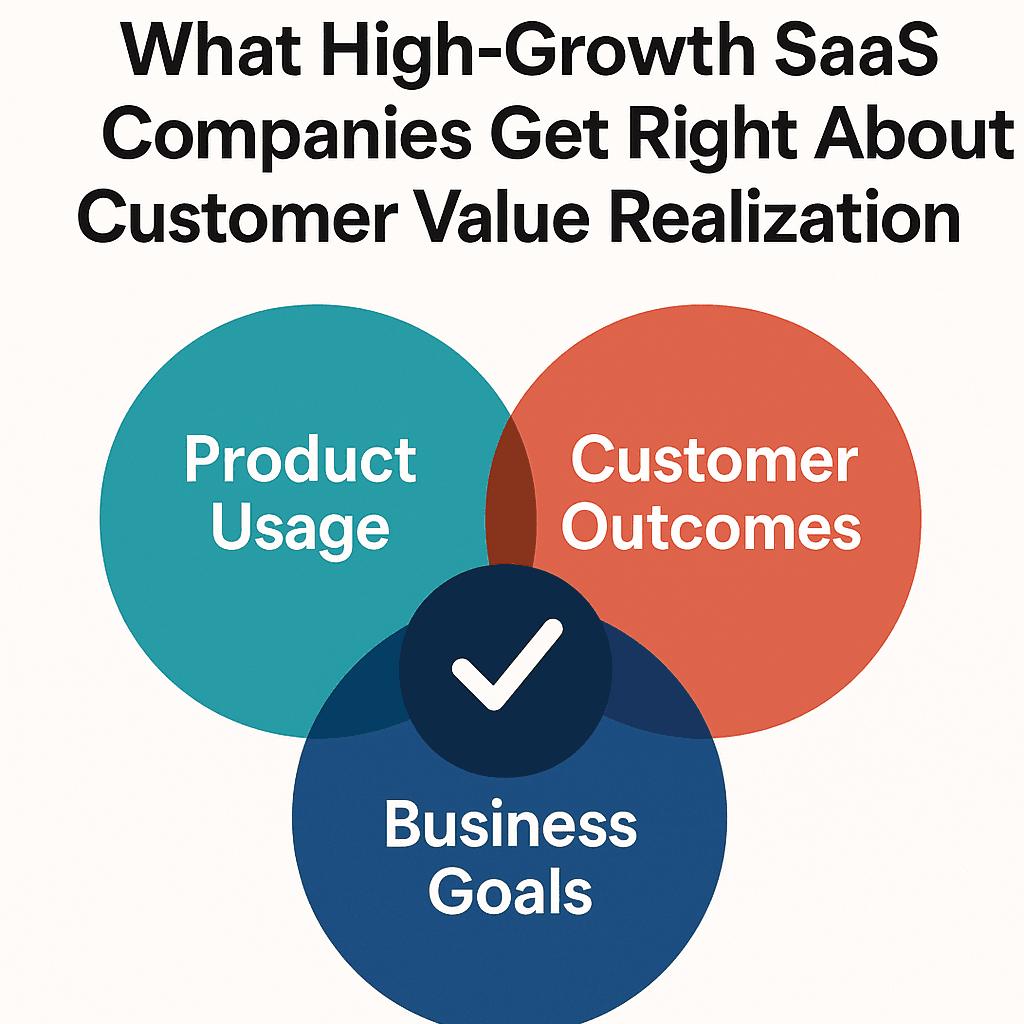
Beyond Onboarding: Creating Success Plans That Actually Drive Outcomes
In SaaS, onboarding is only the beginning. The real measure of customer success comes after the handshakes and setup calls—when the customer begins chasing outcomes, not just features. And yet, many Customer Success Managers (CSMs) stop short by treating the Success Plan as a static document rather than a living strategy.
.png&w=3840&q=75)
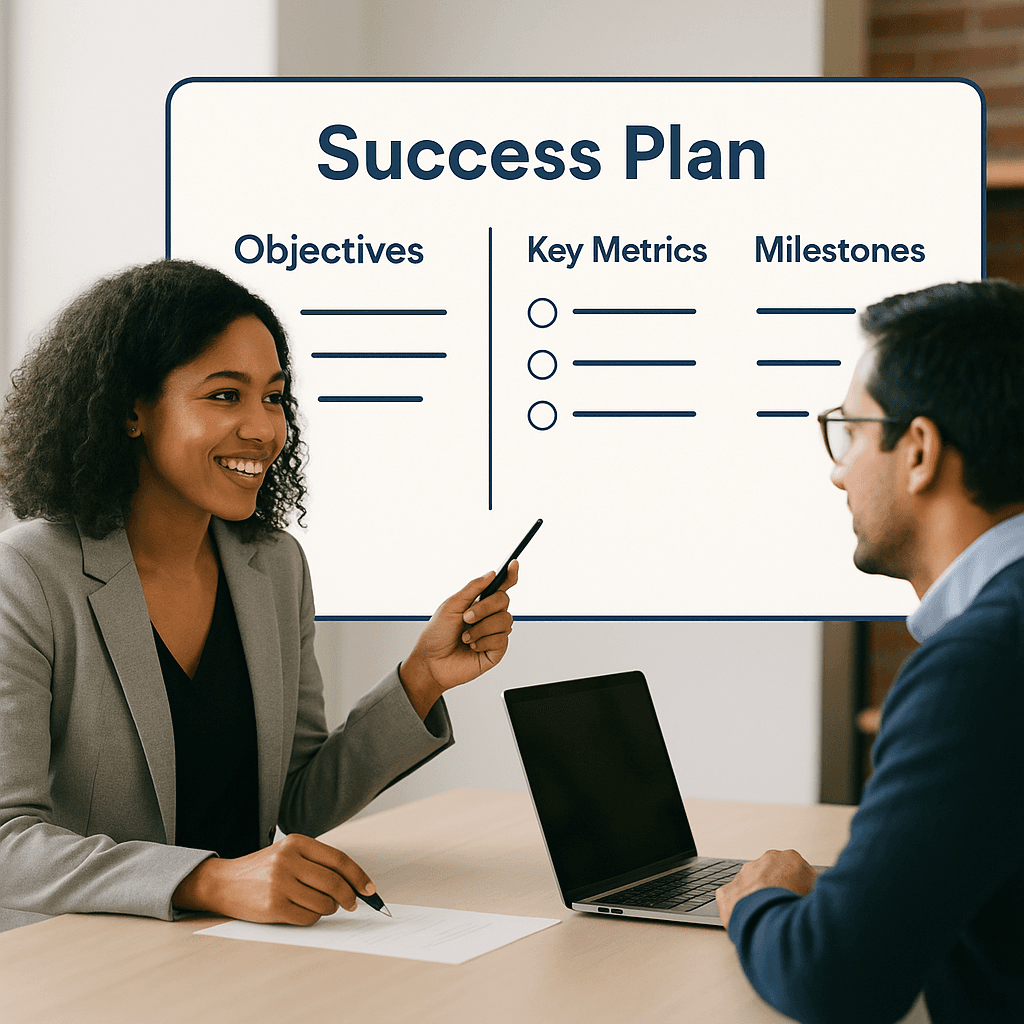
Firefighting to Forecasting: The Preemptive Step towards Customer Success
Early in the SaaS era, Customer Success (CS) was primarily support tickets, renewal reminders, and rescue plans. Teams would frantically "rescue" already-troubled accounts, too often responding to issues after they'd already hit customer satisfaction or retention. But now, a new model is emerging — one where prevention is more potent than rescue.
.png&w=3840&q=75)

The First 30 Days: How Great CSMs Turn New Customers into Lifelong Champions
Mastering onboarding and early engagement to build enduring customer relationships

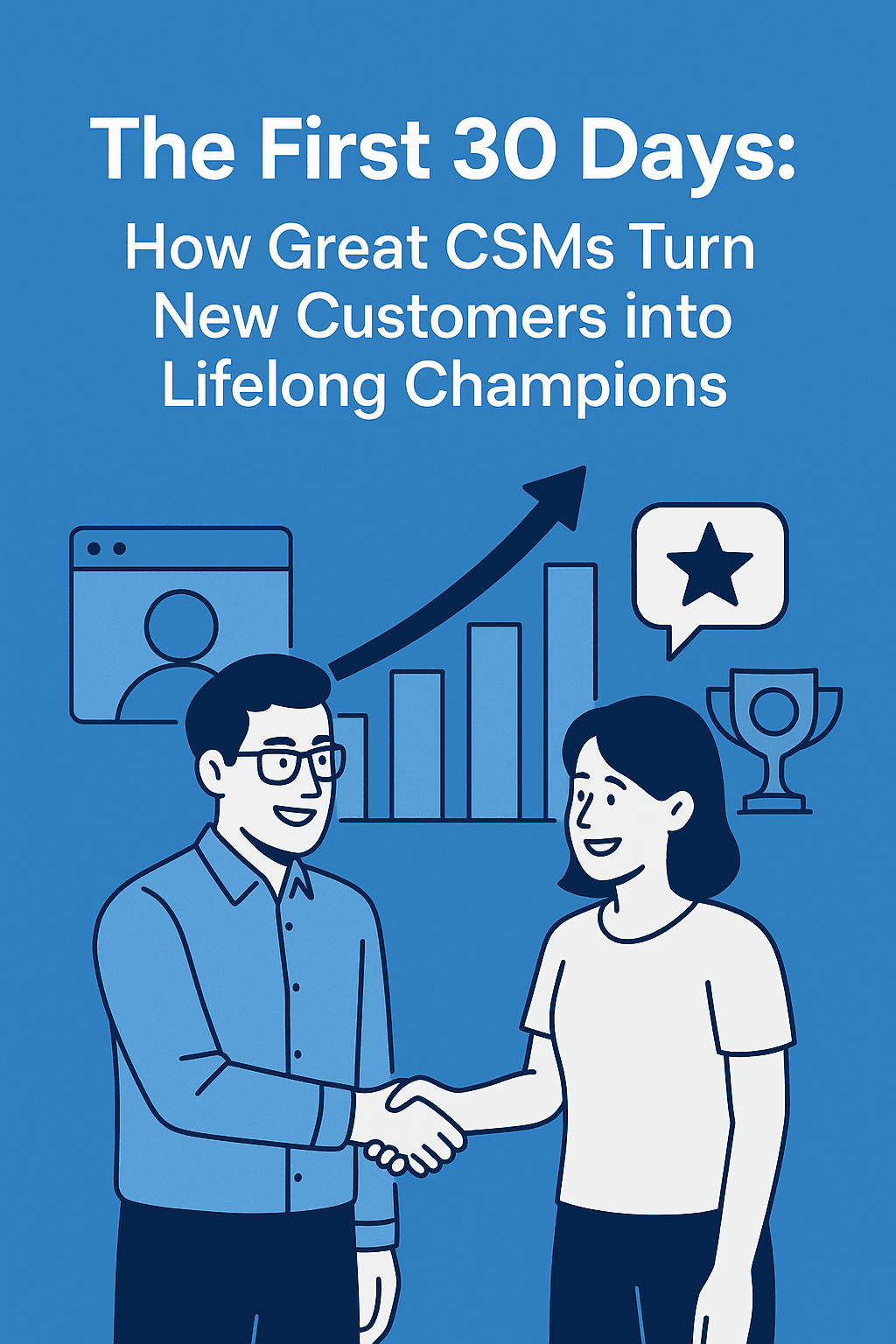
Forecasting Retention: Can You Really Know Who Will Stay?
We are in the era of decision-making guided by AI, and customer success is changing. No longer satisfied with simply tracking account health or responding to churn, top SaaS players are questioning: Can we forecast who will stay? And more importantly, can we act on that forecast in time to matter?
.png&w=3840&q=75)

Understanding Why Traditional health Scores Are Misleading Your CSM Team
Time to ditch static images for live signals that actually make a difference.
.png&w=3840&q=75)
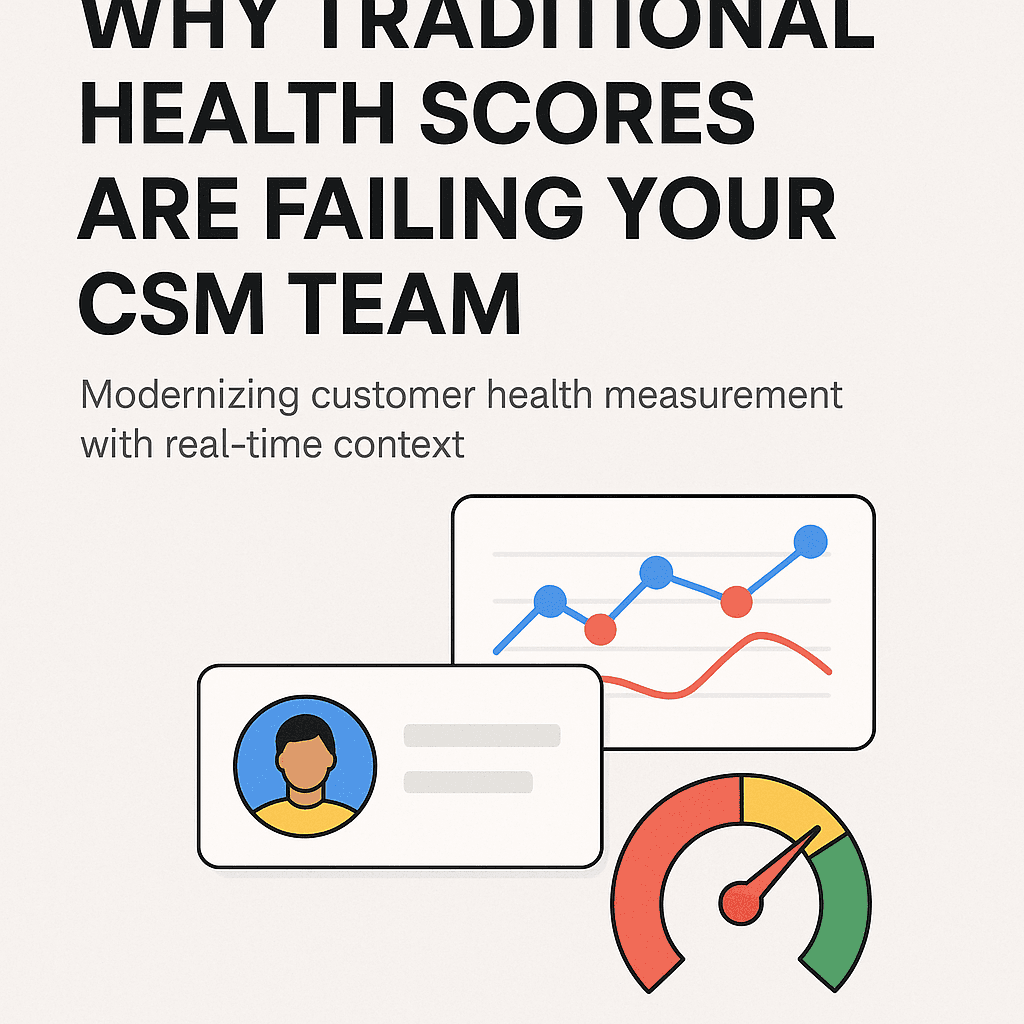
Are You Managing Accounts or Preventing Churn?
Customer Success has a branding issue. We claim to be here to "drive outcomes," "unlock value," and "make customers successful." But when you look closely, what are most Customer Success Managers really doing?

What Are You Missing Between QBRs?
The Silent Signals Slipping Past Your Customer Success Radar For most SaaS businesses, Quarterly Business Reviews (QBRs) are the linchpin of customer success strategy. These high-stakes sessions are meant to rebalance value, reaffirm partnerships, and course-correct where necessary.

Retention is Less Expensive Than Acquisition — Here's Why You Should Care
A 5% gain in retention can add 25–95% to profits. Because retained customers are more likely to buy more, refer more, and be less costly to support in the long run, even small retention improvements mean big wins.

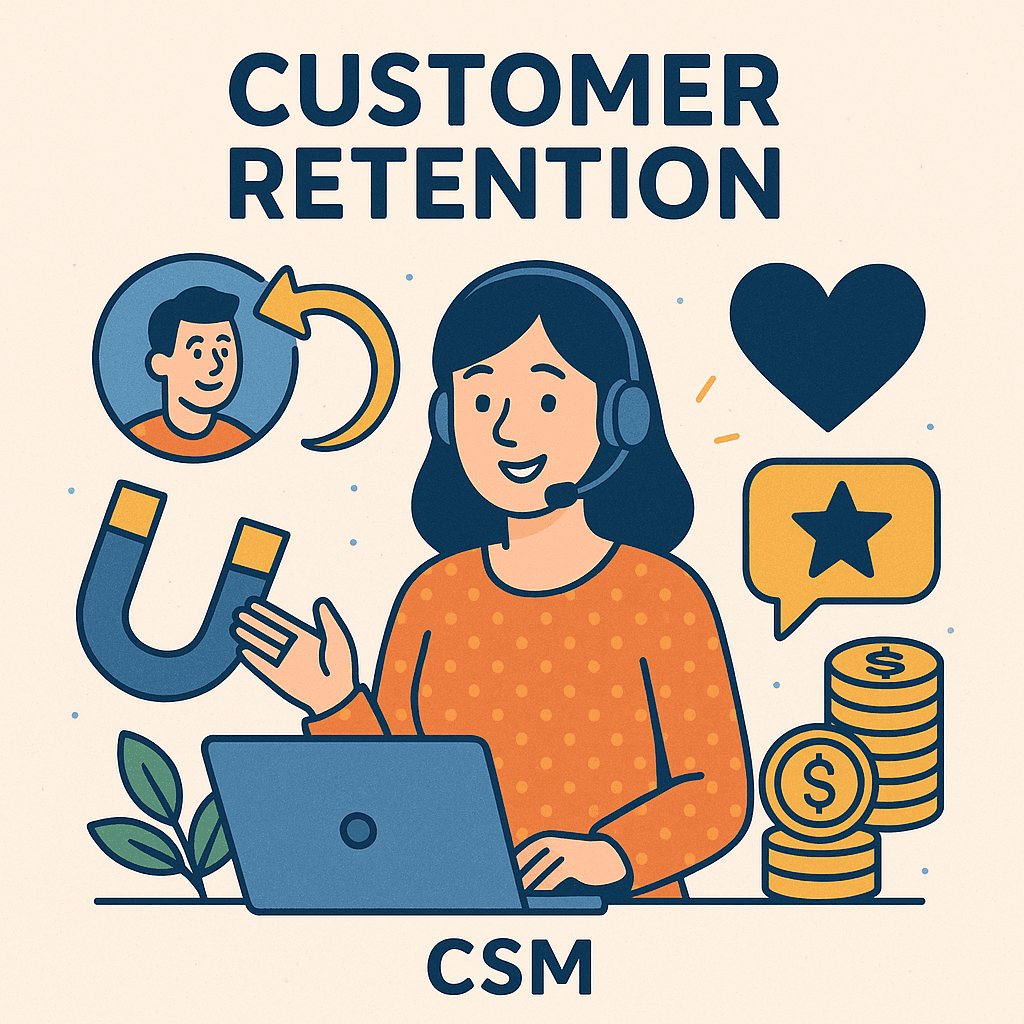
Retention is Revenue : Every staying customer is a vote for the relevance of your brand
Winning new customers in the cutthroat SaaS landscape is merely the first half of the battle. Keeping them active, happy, and loyal turns churn into a cash machine. Customer retention is more critical than a buzzword—it's ROI.
.png&w=3840&q=75)
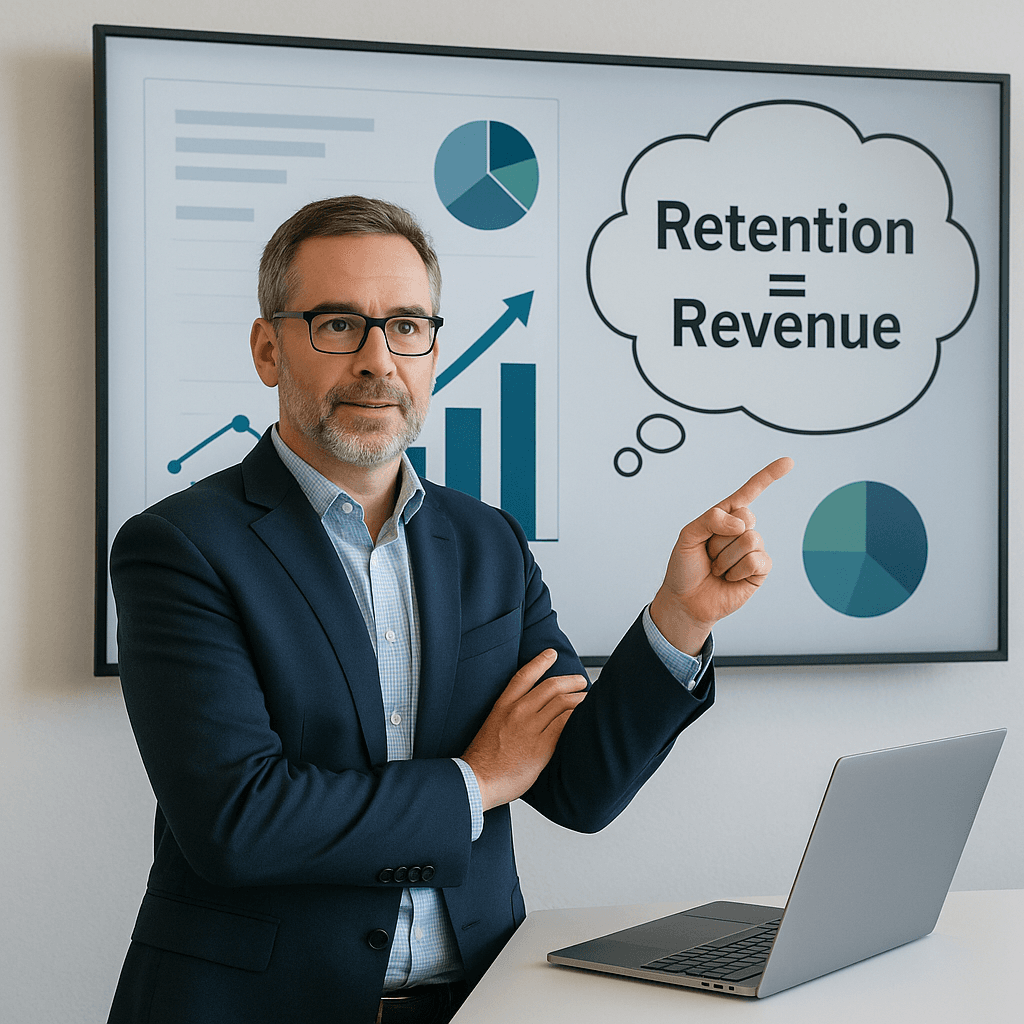
Lost in Transition: The True Challenges CSMs Encounter Post Sales Handover in SaaS
In the fast-paced world of SaaS, the sales-to-success handover is supposed to be frictionless. In practice, it's full of gaps, resistance, and uncertainty. Let's break down the issues CSMs encounter as they take on new customers—and why fixing them is essential to driving long-term value, adoption, and stickiness.

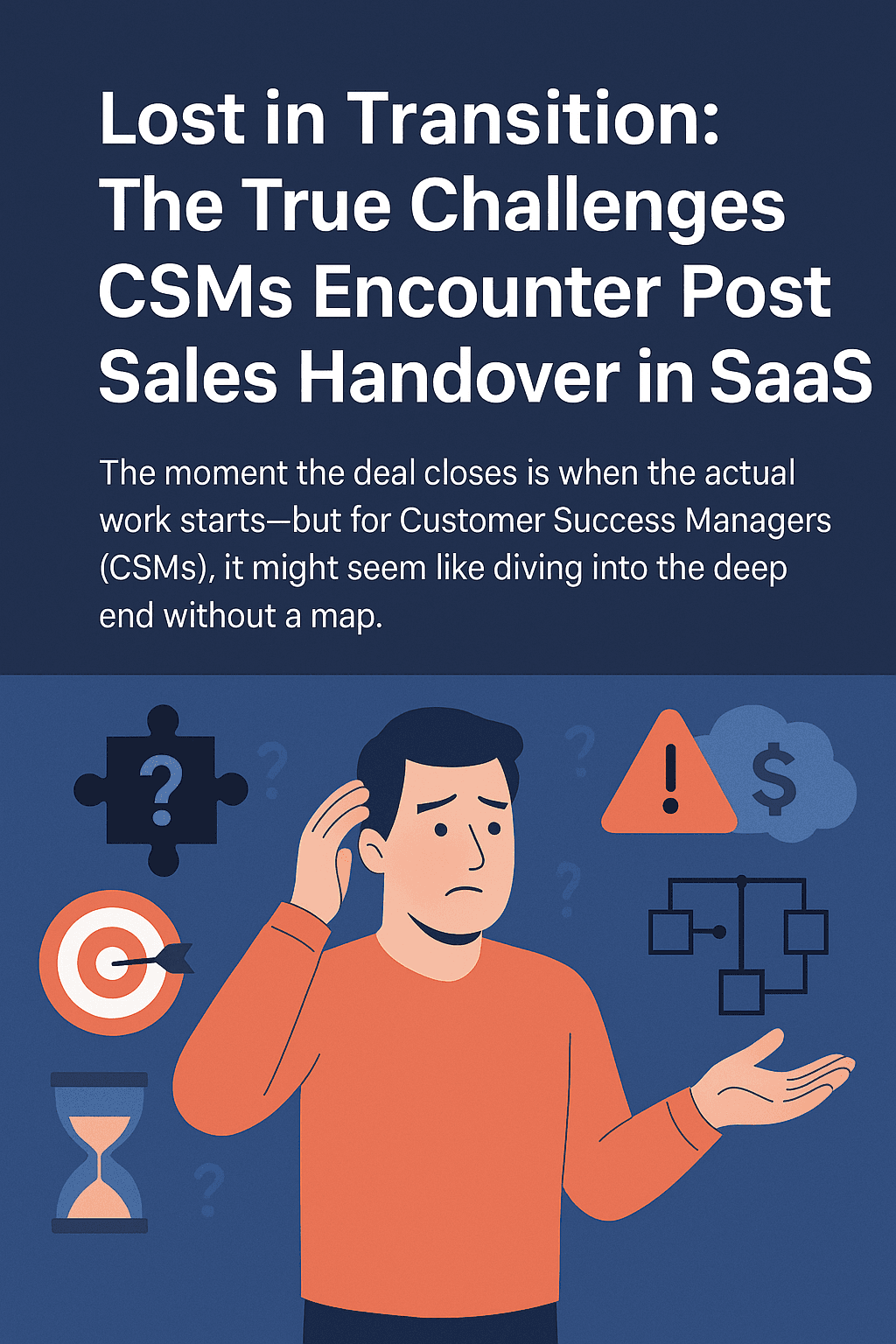
Signals and Surprises: CSMs Require Intelligence, Not Intuition
Surprises are seldom a welcome experience in the Customer Success world.
.png&w=3840&q=75)

The Silent Churn Problem: Why Customers Leave Without Telling You
In the world of SaaS, we’re often focused on fighting fires—the loud, visible churns where customers escalate issues or openly cancel. But what about the ones who quietly fade away? No red flags, no complaints, just… gone. This is the silent churn problem—when customers disengage without saying a word. It’s stealthy, costly, and often completely avoidable.
.png&w=3840&q=75)
